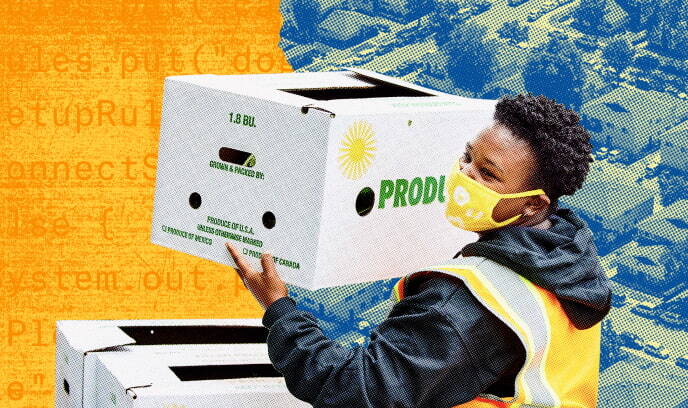Tap into what’s happening to build what’s next
Get immediate access to the X API and unlock the potential of the X data

Find the right access for you
Free
For write-only use cases and testing the X API
- Rate limited access to v2 posting and media upload endpoints
- 1,500 posts per month - posting limit at the app level
- 1 app ID
- Login with X
- Free
Basic
For hobbyists or prototypes
- Rate limited access to suite of v2 endpoints
- 3,000 posts per month - posting limit at the user level
- 50,000 posts per month - posting limit at the app level
- 10,000 posts per month - read-limit rate cap
- 2 app IDs
- Login with X
- $100 per month
Pro
For startups scaling their business
Rate-limited access to suite of v2 endpoints, including search and filtered stream
1,000,000 posts per month - GET at the app level
300,000 posts per month - posting limit at the app level
3 app IDs
Login with X
$5,000 per month
Enterprise
For businesses and scaled commercial projects
- Commercial-level access that meets your and your customer's specific needs
- Managed services by a dedicated account team
- Complete streams: replay, engagement metrics, backfill, and more features
- Monthly subscription tiers
Use cases
See how others are innovating with the X Developer Platform
Businesses, researchers, and developers all over the world have used the X Developer Platform to creatively innovate, gain valuable insights, and shape the future. Explore how they did it and get inspired to use the APIs in your own way.






